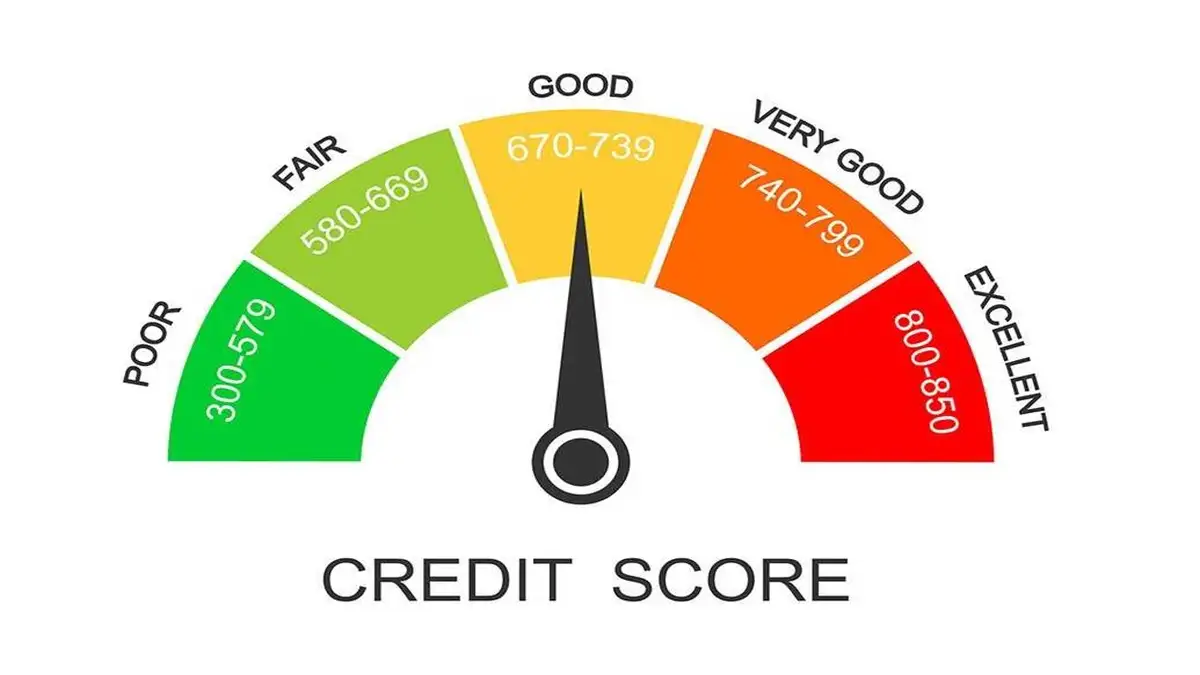Many people in India still believe that their CIBIL score matters only when applying for a loan or a new credit card. However, a recent revelation in Parliament has made it clear that your credit history can also affect your career opportunities. For those aspiring to work in the banking sector, a healthy credit score has become a critical requirement.

The CIBIL score, issued by TransUnion CIBIL, is a three-digit number between 300 and 900 that represents your creditworthiness. The higher the number, the stronger your credit profile. While TransUnion is the most well-known credit bureau in India, there are three other agencies—Experian, Equifax and CRIF High Mark—that also track and maintain the financial history of individuals.
During a recent session in Parliament, it was asked whether candidates applying for banking jobs were being forced to maintain a minimum CIBIL score of 650 or above. Concerns were raised that such a rule could negatively affect poor and middle-class candidates, especially students struggling with repayment of education loans.
Responding to this, the Finance Ministry clarified that the Institute of Banking Personnel Selection had indeed introduced this requirement in its 2023–24 recruitment cycle. Candidates were asked to maintain a minimum CIBIL score of 650 along with a clean financial history to qualify for positions in nationalised banks. However, this rule has now been relaxed. From the 2024–25 recruitment cycle, candidates are no longer required to have a specific score while applying. Instead, they must prove a healthy credit history at the time of joining.

This means that if your CIBIL report is not up to date, you will need to provide a no-objection certificate from your lender. In the absence of this, even after clearing the exams, your offer letter could be cancelled. The final decision on whether to accept or reject a candidate rests with the respective bank.
The government explained that banks introduced this condition to ensure financial discipline among employees. Since banking professionals handle public money and sensitive transactions, their personal financial credibility becomes a measure of trustworthiness. A person with a poor repayment record could be seen as financially irresponsible, which raises concerns when they are tasked with managing other people’s funds.
This episode highlights a larger lesson for every individual. Your credit score is not just a number used to decide whether you get a loan or not. It has now become a reflection of your overall financial behaviour and can even shape your career prospects. A strong CIBIL score shows that you are financially responsible, and in a sector like banking, it can determine whether you get hired or rejected.
In today’s world, financial discipline is not optional. Paying EMIs on time, keeping credit card balances under control and avoiding loan defaults are steps that go beyond just building your financial reputation. They now hold the power to shape your professional journey as well.
For more financial insights that can impact both your money and your career, follow You Finance on Instagram and Facebook.















